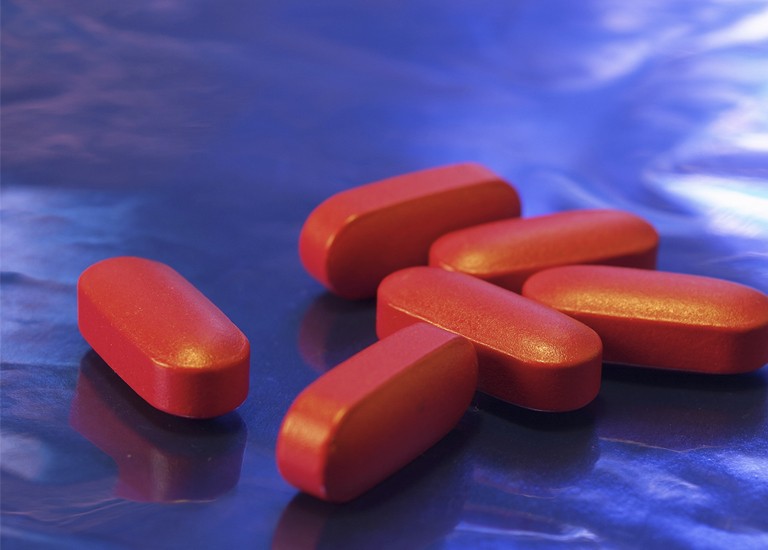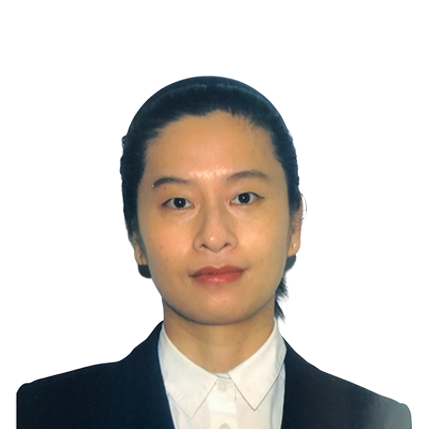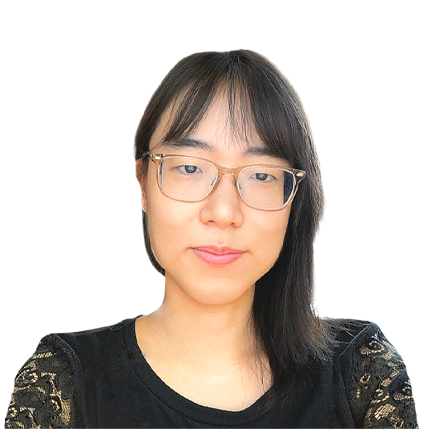Pharmaceuticals involves the discovery, development, manufacture, and delivery of therapeutic, diagnostic, and prognostic agents for treating and preventing diseases.
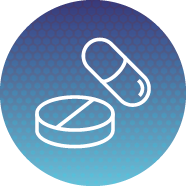 New products are constantly being discovered that enhance the quality of life, including small molecule drugs and biopharmaceuticals, such as recombinant proteins (i.e., antibodies), vaccines, and antisense nucleic acids.
New products are constantly being discovered that enhance the quality of life, including small molecule drugs and biopharmaceuticals, such as recombinant proteins (i.e., antibodies), vaccines, and antisense nucleic acids.
Our firm’s attorneys have extensive experience with, for example:
- Analgesics
- Antibiotics
- Antimalarial drugs
- Antipyretics
- Antiseptics
- Hormone replacements
- Mood stabilizers
- Oral contraceptives
- Statins
- Stimulants
- Tranquilizers
Our professionals have academic and advanced degrees in cell and development biology, molecular and cellular biology, biological and computational chemistry, organic chemistry, chemical engineering, medical technology, physiology and biophysics, as well as epidemiology and biostatistics. In the field of pharmaceuticals, many attorneys at Hamilton Brook Smith Reynolds have Ph.D. degrees.
We seek to assist our clients in realizing their diverse business goals through innovative and careful approaches to patent prosecution, complex litigation, and transactions relating to pharmaceuticals. We excel at counseling biotechnology and chemical companies in the preparation and maintenance of their patents to maximize the value and utility of their intellectual property portfolio. Other services offered include:
- Due diligence
- FDA filings for drug approval
- Freedom-to-operate opinions
- Patent prosecution from filing to issue
- Orange Book listing strategies
- Patent interferences
- Patent term extensions
- Post-grant proceedings
- Representation and advice in Abbreviated New Drug Application (ANDA) litigation and infringement actions
Examples of our experience in pharmaceuticals are assisting in the patenting of anti-malarial compounds, diastereomers of a small molecule compound effective for treating ischemia-reperfusion injury, and antisense nucleic acids targeting micro RNAs that are overexpressed in cancer.
Our litigation involvement includes serving as lead counsel for the pharmaceutical patent trials that concerned the billion-dollar drugs Prilosec® and Zofran®, and involvement in the successful effort to invalidate patents covering Prozac®. Our other litigation experience includes:
- Represented a major hospital in ANDA litigation relating to its novel anticancer drug, successfully settling before trial.
- Represented clients in four separate appeals to the Federal Circuit, relating to such diverse technologies as contact lens chemistry, pharmaceutical technology, automobile user interfaces, and banking systems.
- Advised a major pharmaceutical company on how to minimize risk in its collaboration with an outside manufacturer.
- Counseled a major research hospital on a strategy for minimizing potential risks involved in licensing a portfolio of novel drugs.
- Represented a generic pharmaceutical company in a patent infringement matter involving a multi-billion dollar drug. Our client had valuable “first filer” status and, thus, rights to limited market exclusivity. We persuaded the brand pharmaceutical company that our client did not infringe its patents. No suit was ever filed and our client was able to go to market with very valuable 180-day exclusivity rights.
- Defended several different pharmaceutical companies in numerous patent infringement cases arising under the Hatch-Waxman Amendments in actions in the U.S. District Court for the District of New Jersey and elsewhere, involving pharmaceutical formulations and other pharmaceutical technology. Favorable settlements were each reviewed without objection by the Federal Trade Commission.
- Representing several different branded pharmaceutical companies in litigation “war games” that allowed our clients to foresee possible strategies and tactics that a generic might use to avoid patent portfolios on very valuable brand pharmaceutical products. As a result of each of the war games, our clients were able to develop appropriate strategies under the Hatch-Waxman amendments to the Federal Food Drug Cosmetics Act and tighten their patent estates to thwart likely generic strategies even before litigation was commenced.
- Defended several different pharmaceutical companies in several different patent infringement actions in the U.S. District Court for the District of New Jersey and elsewhere, involving pharmaceutical formulations. We were able to negotiate favorable settlements for our client that were each reviewed without objection by Federal Trade Commission.
- Represented the junior party, a startup biotech company, against an international pharmaceutical company in a Patent Office Interference involving a recombinant protein. We established the priority rights of our client and obtained the patent for them despite having the second filing date and the second invention date.
- Representing a client in a patent infringement matter involving a multi-billion dollar drug. Our client had valuable “first filer” status and, thus, rights to limited market exclusivity. Persuaded the brand pharmaceutical company that our client did not infringe its patents. No suit was ever filed and our client was able to go to market with very valuable 180-day exclusivity rights.
- Represented a major research-based pharmaceutical company in an interference involving antibodies and ligands. Even though our client was the junior party, the opposing party requested judgment adverse to it shortly after the interference was declared.
- Represented a major research-based pharmaceutical company as the senior party in a patent interference involving a human cytokine. After the parties filed initial papers and a list of preliminary motions, we achieved a settlement that included a process for determining priority of invention. Upon determining priority, the opposing party requested judgment adverse to it.
- Represented a major medical diagnostic service provider in connection with a patent application involving a nucleic acid. We developed a strategy that resulted in the issuance of patents on noninterfering subject matter, without the expense of an interference.
- Represented a leading international research institution as the junior party in a patent interference involving nucleic acids and proteins. We succeeded in determining priority as to a number of interfering inventions and were successful in requesting that the Patent Office redeclare the interference to add multiple patent applications and counts. As a result, a patent issued to our client.
- Represented a major research-based pharmaceutical company as the senior party in a patent interference involving an enzyme. Our client was awarded priority on the interfering subject matter, and the application proceeded to issuance as a patent.
